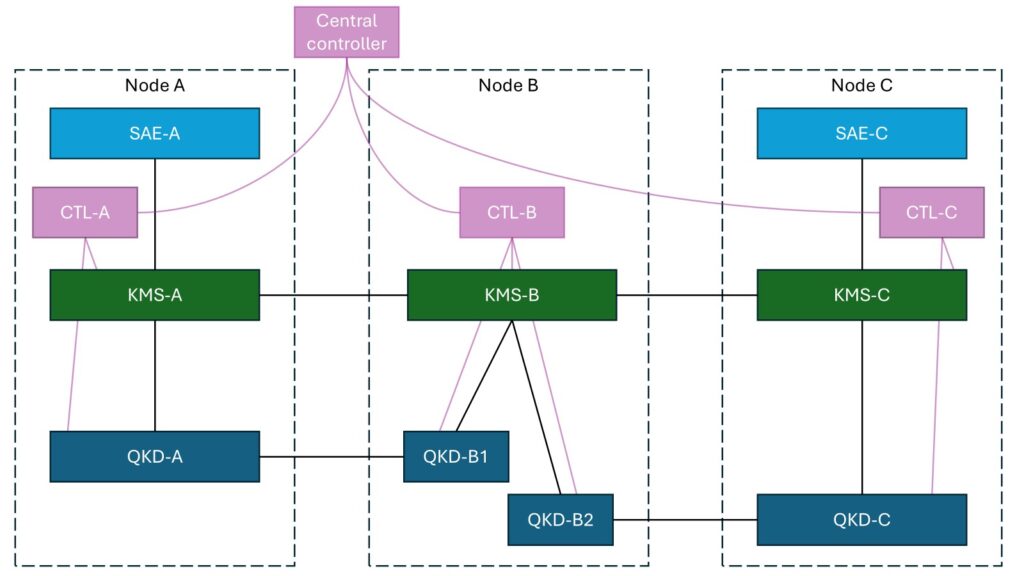As part of the ALLEGRO project, we’re diving deep into the realities of deploying and operating large-scale Quantum Key Distribution (QKD) networks — and it’s clear there’s both incredible potential and critical challenges ahead.
📌 What’s the current landscape?
- Only a handful of QKD networks with 10+ nodes have been deployed in real-world settings so far.
- Most existing networks are monolithic, built by a single manufacturer providing everything below the secure application layer.
- Even widely referenced standards today reflect this one-vendor approach, as seen in national initiatives like Korea’s government QKD network.
📈 Key challenges at scale:
- Resilience: Proof-of-concept networks like Madrid have shown dynamic key re-routing works, but maintaining high performance under node or link failure remains a tough problem in large, complex setups.
- Monitoring: Centralized monitoring offers full network visibility, but as networks grow, the demands on central controllers quickly become a bottleneck.
- Scaling: Most operational QKD networks are still manually or semi-automatically configured. Expanding them with new nodes, links, or integrating independently operated QKD domains is a major operational hurdle.
⚙️ ALLEGRO’s mission is to address these limitations head-on — enabling truly scalable, resilient, and interoperable QKD networks fit for the quantum-secure future.
Stay connected as we continue to shape the next generation of secure communication infrastructures in Europe and beyond.
#QuantumSecurity #QKD #AllegroProject #CyberSecurity #QuantumTechnology #HorizonEurope #QuantumNetworkin

